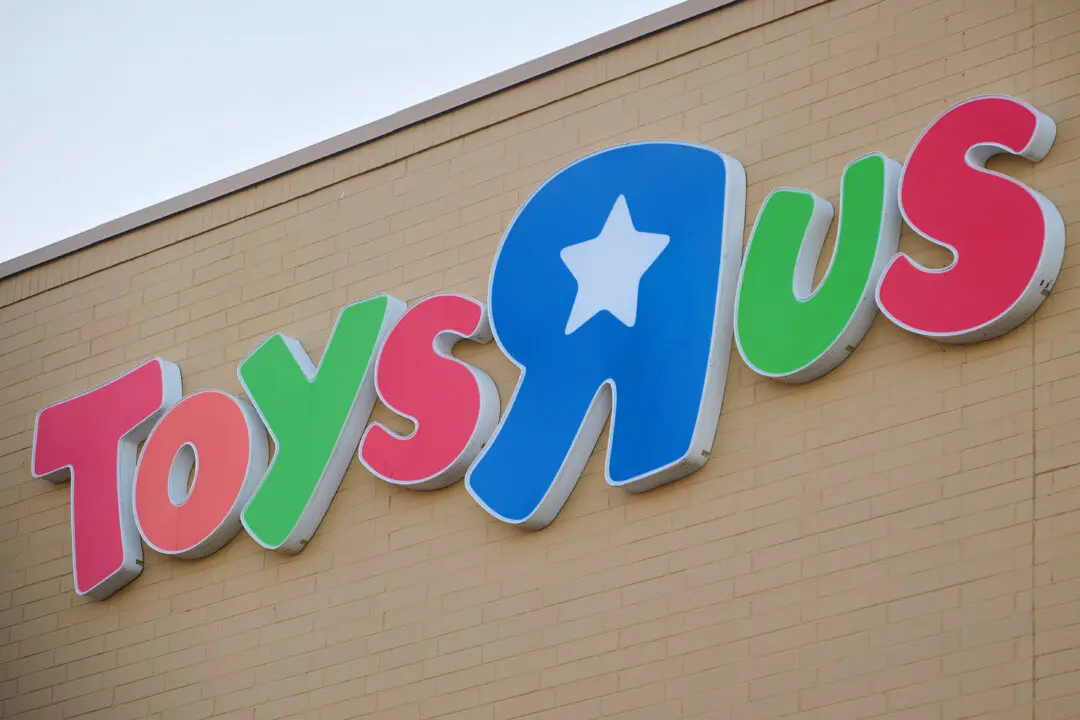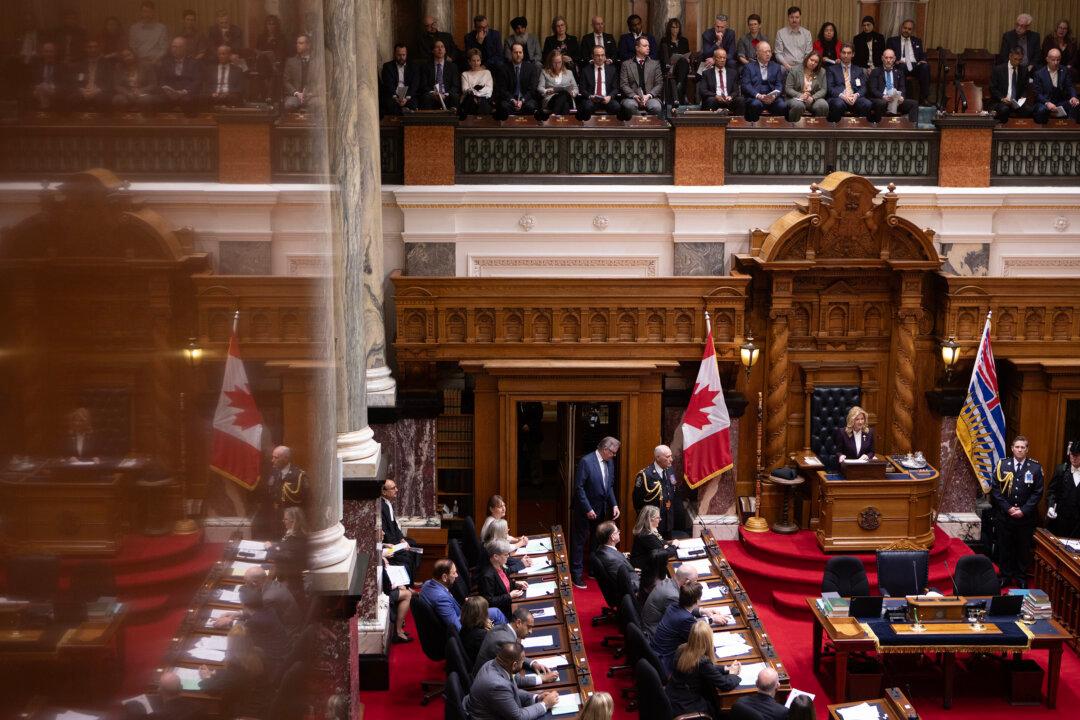VANCOUVER—Experts are expressing doubt a property transfer tax on foreign buyers that took effect Aug. 2 will have a significant impact on housing affordability in Metro Vancouver.
The next four to six months will be uncertain until the different players in the market decide how to react to the 15 percent tax, said Anne McMullin, president of the non-profit industry association Urban Development Institute.
What is more certain, McMullin said, is that the tax is unlikely to improve affordability for average Canadian buyers who are in bidding wars over the stagnant supply of homes in Vancouver.
“The demand isn’t changing,” she said.
Removing foreign interests might bring down the price of $4 million homes to $3.5 million or $3 million in desirable neighbourhoods, McMullin said.
“I don’t think that’s affordable. They’re not going to come down that much.”
The tax legislated by B.C.’s Liberal government last week will apply to foreigners purchasing residential property in Metro Vancouver.
Data released by the province shows that nearly 10 percent of property transfers in Metro Vancouver during a five-week period from June 10 to July 14 involved foreign nationals.
The province has also put forward changes that would enable the City of Vancouver to implement its own vacancy tax.
The changes are intended to increase the existing housing supply that is available to British Columbians, Finance Minister Mike de Jong said when announcing the tax in Victoria.





